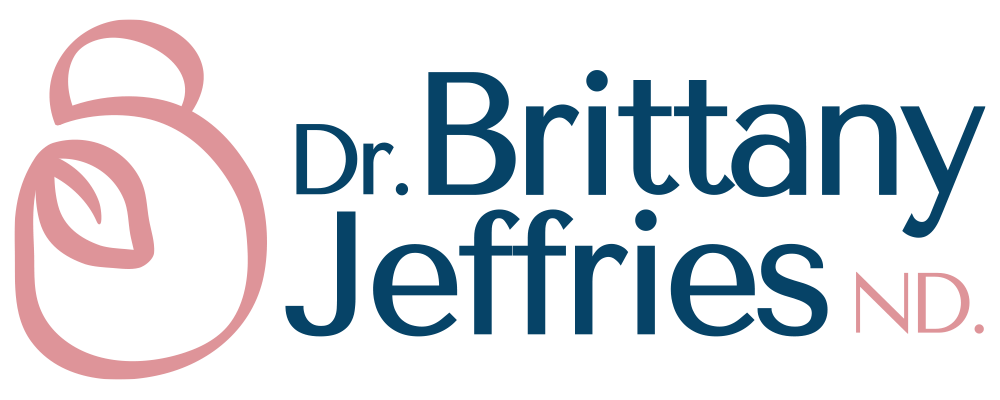Why Ovulation, Not Your Period, Is the Star of the Menstrual Cycle
When most people think about the menstrual cycle, the period often takes center stage. After all, it's the most visible part of the cycle and usually what prompts someone to track or talk about their hormones. But what if I told you that ovulation, not your period, is actually the main event?
As a naturopathic doctor who works with women to understand and optimize their cycles, I want to share why ovulation deserves the spotlight, whether you're trying to conceive, navigating hormone imbalances, or simply trying to feel your best.
What Is Ovulation?
Ovulation is the release of an egg from one of your ovaries. It typically happens around the middle of your cycle, usually between days 12–16 in a 28-day cycle, but this can vary from person to person and month to month.
After the egg is released, it travels down the fallopian tube, where it may meet sperm and become fertilized. If no fertilization occurs, hormone levels drop, and your uterine lining sheds, which is what we recognize as the period.
So while the period is what we see, ovulation is what drives the cycle.
Why Ovulation Is the Main Event
You Can’t Have a Real Period Without It
A true, healthy period, one that follows ovulation, is called an ovulatory cycle. This is different from a withdrawal bleed caused by hormonal birth control, which mimics a period but isn’t triggered by ovulation.
Without ovulation, your body doesn’t produce the natural rise and fall of progesterone, the hormone that’s critical for cycle balance, fertility, and overall health.Ovulation Produces Progesterone
After ovulation, the empty follicle turns into a temporary gland called the corpus luteum, which produces progesterone. This hormone:Balances estrogen
Supports mood and sleep
Maintains a pregnancy (if fertilization occurs)
Keeps your period regular
If you’re not ovulating, you’re missing out on this essential hormone — and symptoms like PMS, irregular cycles, spotting, and mood swings can follow.
It’s a Vital Sign of Health
Ovulation isn’t just important if you want to get pregnant. It’s also a sign of a healthy, functioning body.
Regular ovulation indicates your brain, ovaries, thyroid, and adrenal system are all working in sync. That’s why cycle tracking — especially ovulation tracking — can be such a powerful tool for understanding your health.Ovulation Can Be Delayed — But Still Happen
Did you know you can have a long cycle without it being “irregular”?
Stress, travel, illness, or under-eating can delay ovulation, which then delays your period. That’s why ovulation is more important to track than just counting days to your period. Knowing when you actually ovulate gives you more insight than any app prediction can.
So Why Does the Period Get All the Attention?
Your period is the most visible and obvious part of your cycle, so it’s easy to think of it as the main event. But once you understand how your hormones shift throughout the month, it becomes clear:
Ovulation is the star of the show.
How to Know If You’re Ovulating
You can track ovulation by:
Cervical mucus changes: It becomes clear and stretchy, like egg whites, around ovulation.
Basal body temperature (BBT): Your temperature rises slightly after ovulation due to progesterone.
Ovulation predictor kits (OPKs): These detect the LH surge that triggers ovulation.
Mid-cycle cramping or breast tenderness: Some people feel ovulation physically.
If you’re not sure whether you’re ovulating, or your cycles feel confusing or inconsistent, a naturopathic doctor can help you decode your hormones and figure out what’s going on.
Your period is important, but it’s ovulation that sets the rhythm of your hormonal symphony. Whether you're trying to conceive or just want to feel more in control of your health, tracking ovulation gives you key insights into your body’s balance.
If you're in Kelowna and want support understanding your cycle or hormones, I’d love to help.
Book an appointment to dive deeper into your hormone health.

